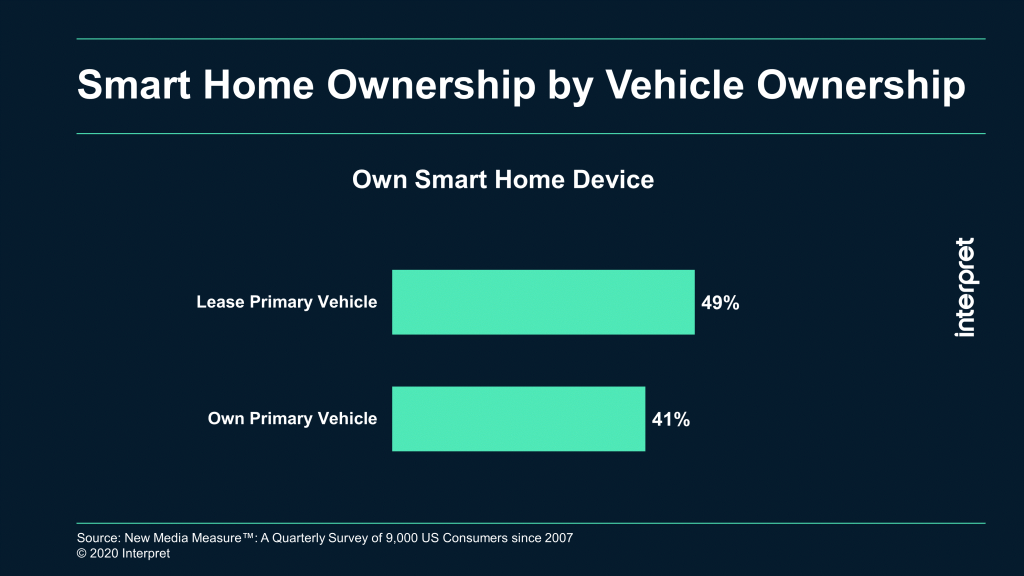The connected car is not a new concept, but connected device offerings for your car are increasingly available, with Ring recently announcing several new security products. The Ring Car Cam connects to a USB port in the car and provides video recordings of anything noteworthy – close calls, fender benders and even break-ins. Those familiar with the Ring camera brand at home will likely see the car as a logical extension of the home and an important place to protect with video surveillance. In fact, Ring has said that vehicle security is one of the most requested expansions for the Amazon-owned brand from its existing customer base.
Ring has also announced a Ring Car Alarm. Instead of using video, the alarm plugs into a car’s diagnostic port and senses any unusual motion that could be a crash, a bump, a tow-away or a break-in. An event will trigger an alert on your smartphone, which you can use to track the location of your car. Amazon has been trying to secure a foothold in the smart car device market for some time now, introducing the Echo Auto last year, and more recently unveiling two new car-focused features for its popular Alexa voice assistant: an Auto Mode that turns a smartphone into a driver-friendly display, and a Start My Commute option to stay on top of weather and traffic updates.
Whether it’s Amazon’s lineup or one of the many smart car alarm and remote startup systems on the market, auto manufacturers, dealers, leasing companies, and insurance firms are likely to benefit from bundling in more smart systems to appeal to increasingly tech savvy customers. Not only do these devices increase the appeal of certain car models, they enable companies to better track their inventory or to better understand the risk profile of the drivers they insure. Interpret’s New Media Measure® indicates that people who lease cars, in particular, are more in tune with smart home tech, as 49% of people who lease currently own a smart home device compared to 41% of car buyers.




